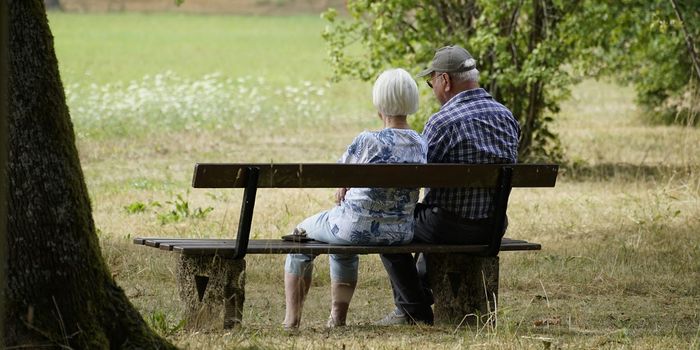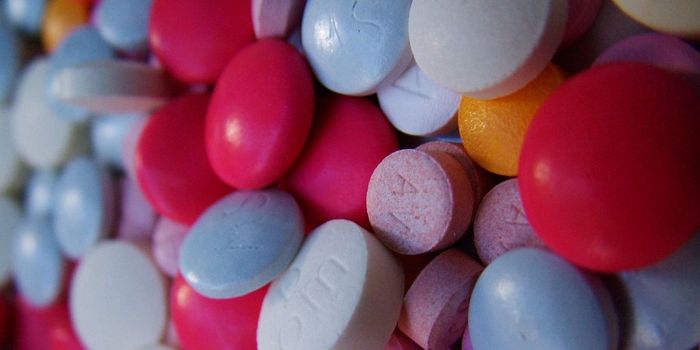Synthetic Psychedelic Treats Depression Without Hallucinations
Psychedelics are receiving an increasing amount of attention- both in research and in the media- for their potential to treat mental health conditions from addiction to anxiety and depression. Now, researchers from the University of California have synthesized a non-hallucinogenic drug that may be effective in combatting these conditions.
The researchers derived their compound from ibogaine, a psychedelic compound from Tabernanthe iboga, a rainforest shrub native to West Africa. Using a drug-designing method known as function-oriented synthesis, they were able to identify core aspects of how ibogaine works to recreate in a synthetic molecule called tabernanthalog (TBG).
So far, the researchers have conducted several tests on animals using the substance. From experiments with zebrafish, for example, they found that TBG has a lower toxicity level than ibogaine itself. But the results don't stop there.
They also found that a single dose of the substance has long-lasting anti-addictive effects on mice addicted to alcohol and rats addicted to heroin. Further studies with mice have shown that the drug has similar antidepressant effects in mice as ketamine, providing both fast-acting and effective relief.
In the midst of this, they also found that when on the drug, mice don't twitch their heads in a way that indicates they are hallucinating. This is an important factor as hallucinations can be a major cause of anxiety for patients taking psychedelic treatments, and thus mean that they require significant oversight.
The drug also seems to promote neuronal growth. A day after rats were treated with TBG, researchers observed that their brain cells developed more dendritic spines, or 'branches'. How this translates to changes in behavior, however, is yet to be established.
While the drug is still in the early stages of development, results so far are indicative of a promising, fast-acting alternative to conventional mental health treatments. Given the overlap of many psychiatric conditions, the researchers are optimistic that TBG may develop into a treatment for multiple conditions one day.
Sources: Science Alert, Nature, Medical News Today









